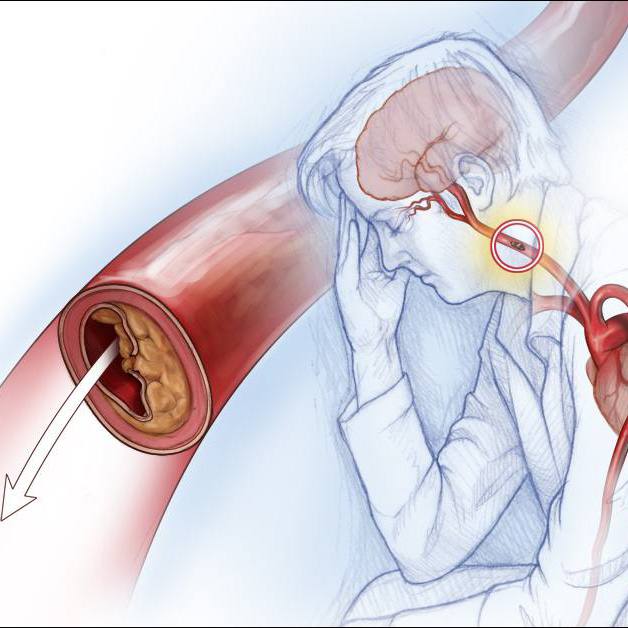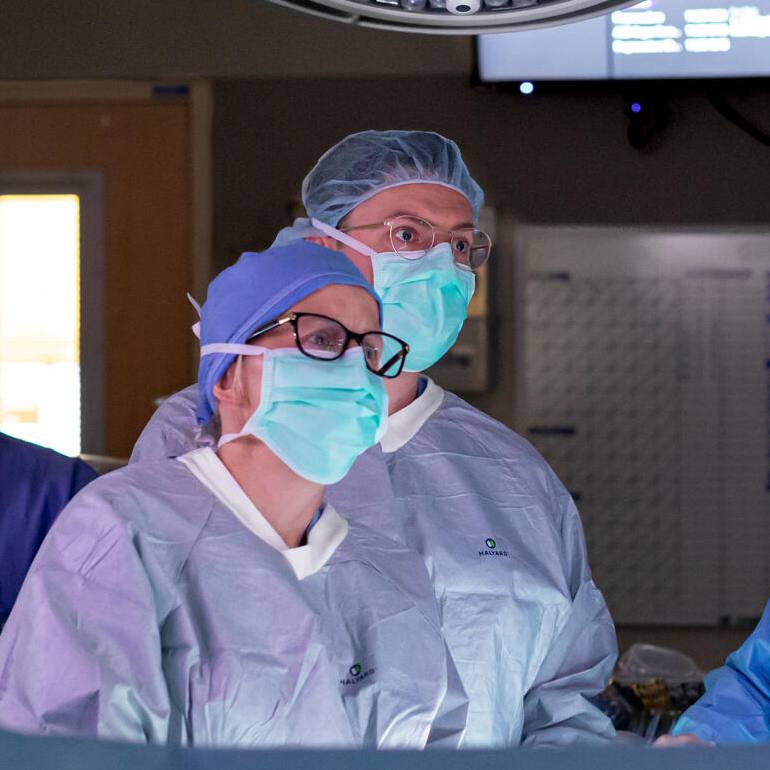-
Mayo Clinic Minute: Why diverse organ donors are needed
August is National Minority Donor Awareness Month. It's a time of celebrating organ donation and educating people about transplantation by encouraging donor registration and promoting healthy living.
Dr. Shennen Mao, a Mayo Clinic transplant surgeon, says having a diverse pool of organ donors will help serve a growing wait list of those in need.
Journalists: Broadcast-quality video pkg (1:07) is in the downloads at the end of the post. Please courtesy: "Mayo Clinic News Network." Read the script.
In the U.S., 17 people die every day while waiting for an organ transplant.
Nearly 60% of people on transplant waiting lists come from minority communities, while about 30% of donors are people of color.
"Blood types and certain HLA, or antibodies, tend to correlate with various ethnic groups," says Dr. Mao. "So it is not directly related to a particular minority group; however, organs will end up with someone of a similar background because the better matched an organ is, the more longevity that organ has."
Higher rates of heart disease, high blood pressure and diabetes are present in minority communities, contributing to more organ failures.
"The more people we can help the sooner through transplant, the better," says Dr. Mao.
She says living donors do not experience a change in their quality of life after surgery, but a recipient's life can change for the better almost immediately.
"If somebody is approved to be a living donor, we expect they will live a full and normal life following their donation process," says Dr. Mao.
In most states, signing up to be a donor after death can be done online or when registering for a driver's license or identification card. For a living donation, contact the recipient's care team or a transplant center for more information.
Related posts:
- Mayo Clinic Minute: Breaking barriers for patients who need kidney transplants
- Transplant program at Mayo Clinic in Florida celebrates its 25th anniversary with vision for future of transplant
Related Articles







